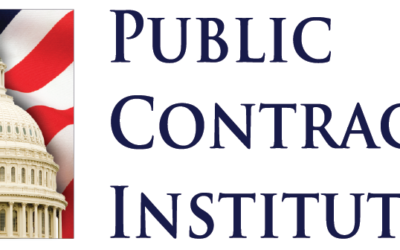PCI has started a new webinar series, the Case of the Month Club. Each month PCI’s Government Contracts law experts will discuss one or two recent cases. The first September case is ANHAM FCZO v. United States. If you want to learn more about the Case of the Month Club, click here.

ANHAM FZCO v. United States
United States Court of Federal Claims
Decided July 27, 2020
Facts: The DLA issues a solicitation, and, after award to KGL Food Services, ANHAM protests the award at the Court of Federal Claims (COFC). COFC grants the protest on narrowly because of DLA’s evaluation on one technical factor. The DLA did not reevaluate the initial proposals and award, but instead opened negotiations and allowed proposal revisions. Prior to DLA making an award, ANHAM files a protest contesting the scope of the corrective action.
ANHAM argues that by reopening negotiations, their corrective action goes beyond the discretion extended to DLA.
Issue: When an agency takes corrective action, how much discretion do they have?
Holding: DLA’s corrective action is acceptable. Agencies have wide discretion in the corrective action they take and can correct errors beyond what was identified in the protest that prompted the corrective action.
Reasoning: In Dell Federal Systems, LP v. United States the Federal Circuit established a rational basis test corrective action standard that asks “whether the contracting agency provided a coherent and reasonable explanation of its exercise of discretion.” The standard that ANHAM was asking the court to apply in this case added a second element: was the corrective action rationally related to the original court’s basis for granting the protest. The court rejected that standard in favor of wide discretion.
The holding tracks the wide discretion given to contracting officers throughout government contracting; the contracting officer may identify other issues with the solicitation during the corrective action step. In this case, the contracting officer opened negotiations and allowed proposal revisions because of the elapsed time since the original proposals were submitted. COFC had no problem with that, and believed it was appropriate and within the contracting officer’s discretion.


